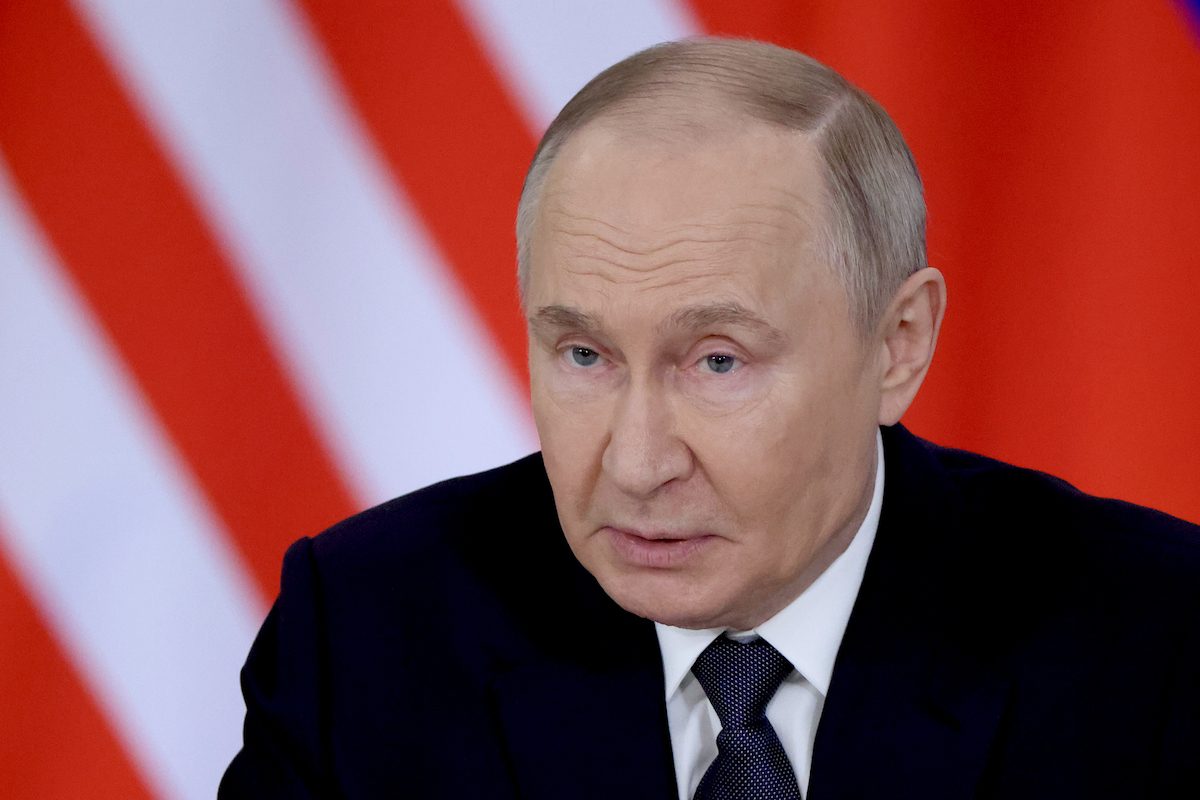What is a just war? Those who, from St. Augustine onwards, have debated the question usually begin with Cicero, the Roman philosopher and statesman, who first attempted a definition in 44 BC.
Cicero’s general understanding of the nature of justice, which was a central duty of those in power, went as follows: “Justice instructs us to spare all men, to consider the interests of the whole human race, to give everyone his due, and not to touch property which belongs to others.” The foundation of justice was good faith, i.e. “truth and fidelity to promises and agreements.” There should be “a limit to retribution and punishment for wrongdoing”: much better to encourage repentance.
On that broad basis, Cicero defined a “just war” as follows: the only excuse for going to war was that one might live in peace, unharmed. One should resort to force only when discussion was no longer possible. Wars for survival could be fought more ruthlessly than those for “glory.” The victors must treat the conquered mercifully, unless they have themselves acted barbarically. Those who laid down their arms must be protected. Only legally enlisted soldiers should fight. All agreements with the enemy must be observed in good faith. By acting justly, he concluded, “our government could be called more accurately a protectorate of the world rather than an empire.”
But he would say that, wouldn’t he? The problem is that what seems just to me may not seem so to you. Try the following test. James Johnson (2011) thought war justified only on the following grounds: “To protect the innocent, to recover something wrongfully taken, to punish evil, and to defend against a wrongful attack in progress.” Now adopt Putin’s view of Ukraine, the Donbas and Russia’s lost empire. Would you not agree that your war was fully justified?
Endnote: Putin has got one thing wrong. The ancients did not kill civilians: they were valuable booty, to be sold as slaves. How merciful, and sensible too — just like the good old days of empire! Why, some could even become serfs. How liberal is that?
This article was originally published in The Spectator’s June 2022 World edition.

























